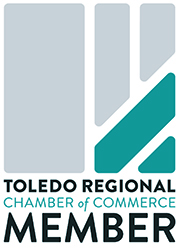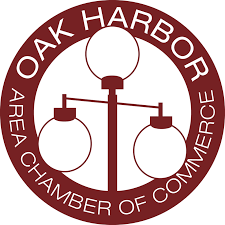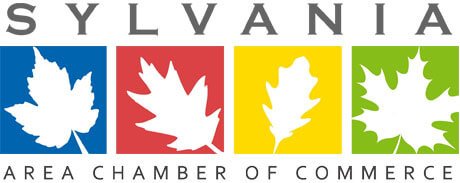Condensation on windows is an alarming issue that a lot of people encounter in their homes. This case is common for homes that have great difference between their inside and outside temperatures. It occurs when moisture vapor in the air begins to condense on cold surfaces – typically on window panes – around the interior space. In extreme cases, the moisture problem causes paint to peel and mildew to grow, eventually leading to rot and window failure.
.jpg)
Causes of Condensation
Condensation can transpire during extremely hot and cold weather conditions. On a scorching hot summer day, this persisting window issue may form on the outside surfaces of window panes around a heavily air conditioned room.
On a cold winter night, condensation on the inside corners of an insulated glass window may possibly occur. However, according to window replacement experts, it will depend whether or not the indoor temperature is higher than the outside temperature.
Remember that, if condensation frequently occurs on the window glass, it will also likely form on inside walls. This happens when warm, moist air leaks into a wall and a pocket of poor insulation creates cold surfaces.
Solutions to the Problem
The most effective way to prevent condensation – and the sudden spike in energy bills – is to invest in high-performing and energy-efficient windows. Condensation typically happens with single-pane windows due to poor insulation, so switching to a new double-pane unit may solve the problem. It is also important to choose argon or krypton gas-filled windows to significantly reduce convection between panels.
High humidity rooms, such as the kitchen and bathroom, will benefit greatly from replacement windows, especially during the summer season – when ventilation is not enough.
If you need help with upgrading your home exterior, look no further than Renewal by Andersen® of Northwest Ohio. We offer professional window and door replacement services to clients in and around Findlay, OH. For a smooth and stress-free experience, call us at (419) 931-6970. You may also fill out our contact form to start a conversation with one of our specialists.










